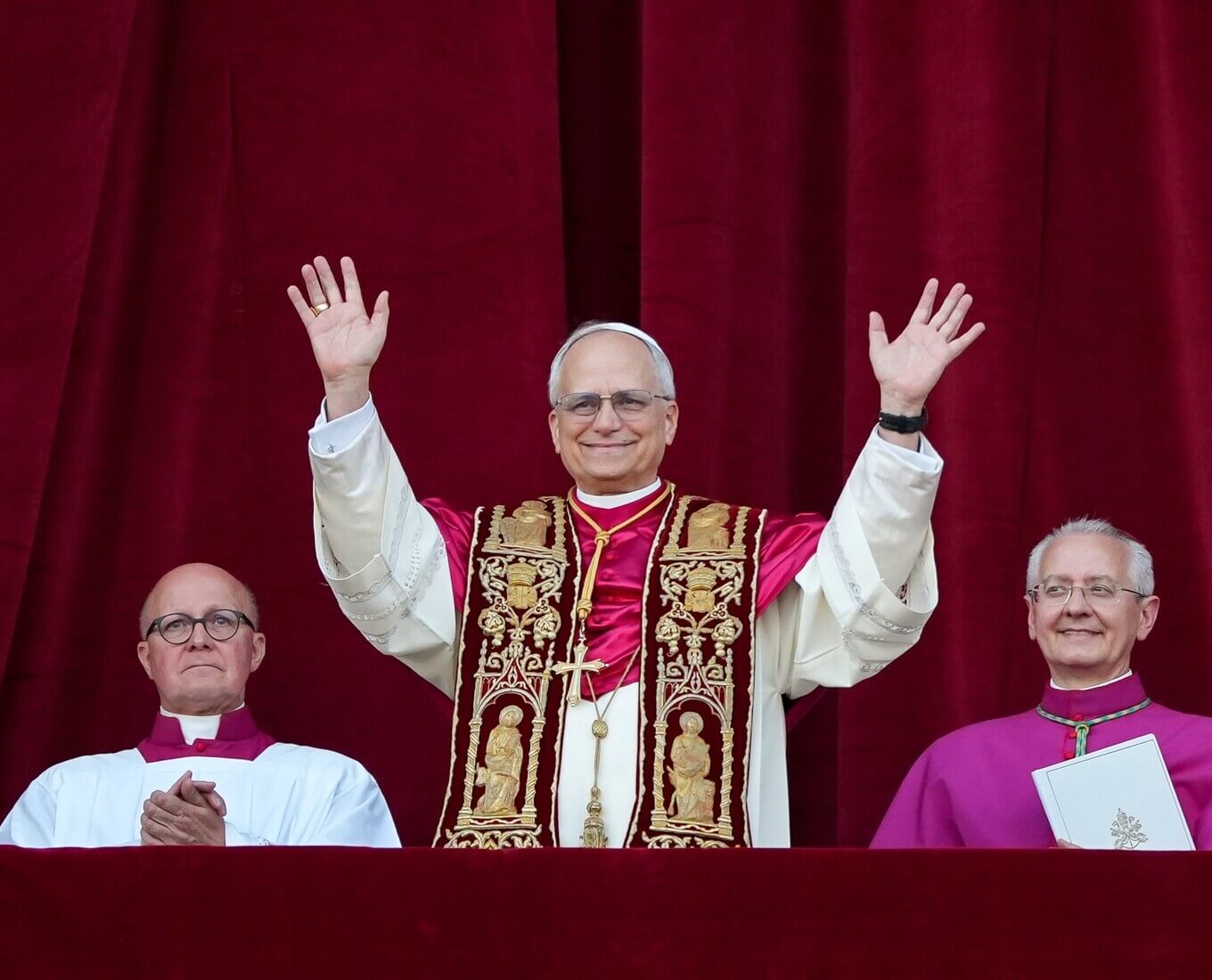 Faculty experts in a wide range of disciplines from the College of the Holy Cross are available to offer distinctive perspectives on Pope Francis’ first visit to the U.S., Sept. 22 – 27, 2015. For more information, or for assistance scheduling an interview, please call Cristal Steuer at 508-793-2419 or csteuer@holycross.edu.
Faculty experts in a wide range of disciplines from the College of the Holy Cross are available to offer distinctive perspectives on Pope Francis’ first visit to the U.S., Sept. 22 – 27, 2015. For more information, or for assistance scheduling an interview, please call Cristal Steuer at 508-793-2419 or csteuer@holycross.edu.
Mathew Eggemeier, assistant professor of religious studies
Eggemeier, an expert in modern and contemporary Christian theologies and political and liberation theologies, can comment on the following:
- ecology; environmental ethics
- economics; capitalism
- Catholicism and U.S. politics
- Latin American liberation theology
- Immigration and Catholic Social Teaching
Daina Harvey, assistant professor of sociology
Harvey, an expert in environmental sociology, can discuss the pope’s encyclical and the connections between capitalism and climate change.
Daniel Klinghard, associate professor of political science
Klinghard specializes in political parties and interest groups, race and ethnic politics, and American political development. He can discuss the pope’s address to Congress and the political reaction it will have in the U.S.; and how what the pope says will affect American politics.
Alice Laffey, associate professor of religious studies
Laffey specializes in ecology and the bible. She can discuss the following:
- The reason for Pope Francis traveling to South America before North America.
- Why there will be greater interest in his visit on the part of non-Catholics than for any of the visits of his predecessors.
- How relevant the timing of his encyclical on the environment is, preceding his visit to the U.S.
- Why his visit to the United Nations is “gracefully political”.
Thomas Landy, director of the McFarland Center for Religion, Ethics and Culture
Landy recently launched an online global initiative called Catholics & Cultures. The encyclopedic web resource is free to all users. A sociologist with expertise in Catholicism and culture, Landy is available to comment on the following:
- Differences between the U.S. church and churches in other parts of the world.
- The pope’s Argentinian background; Catholicism and religion in Argentina
- Comparative cultural perspectives on Catholic life
Victor Matheson, professor of economics
Matheson specializes in the economic impact of mega-events on host cities, widely dispelling the notion that these events generate significant profits but could actually end up costing the host city. Matheson can discuss the economic impact the pope’s visit will have on the Philadelphia region.
Rev. Michael Rogers, S.J., assistant chaplain and fellow at the McFarland Center for Religion, Ethics and Culture
Fr. Rogers spent the last five years at the Pontifical Gregorian University in Rome. He participated in the Mass that began the conclave and was in St. Peter's Square when Pope Francis was elected. He has provided commentary on Vatican Radio and in Newsweek and can comment on the Vatican and Francis’ papacy. He can also discuss what to expect from the pope’s address to Congress and to the United Nations.
Mathew Schmalz, associate professor of religious studies
A regular contributor to Crux, his teaching and scholarship focus on Roman Catholicism and modern religious movements. Schmalz can comment on the following:
- The pope’s address to Congress (Schmalz believes it will put Catholic Republicans and Democrats in a pickle – he is going to challenge them both.)
- Francis backlash (Schmalz says distrust of the pope is growing among right-wing Catholics.)
- The pope’s challenge to Americans, particularly in relation to issues of economic justice.
- Schmalz says this visit is a real turning point in American Catholicism that is still reeling from the sexual abuse scandal. There's a potential here for a “rebranding” of Catholicism in American public opinion.
- Global Catholicism
Rev. Thomas Worcester, S.J., professor of history
Fr. Worcester, a Jesuit priest, is an expert on the papacy and regularly blogs for the Huffington Post, he can comment on the following:
- How Pope Francis is in continuity or discontinuity with earlier popes.
- He can discuss Pope Francis being a Jesuit pope.
- Offer explanation about the pope as a reformer.
- How Francis makes the poor his priority.
- How Francis is re-fashioning the whole notion of litmus tests for authentic Catholicism.


